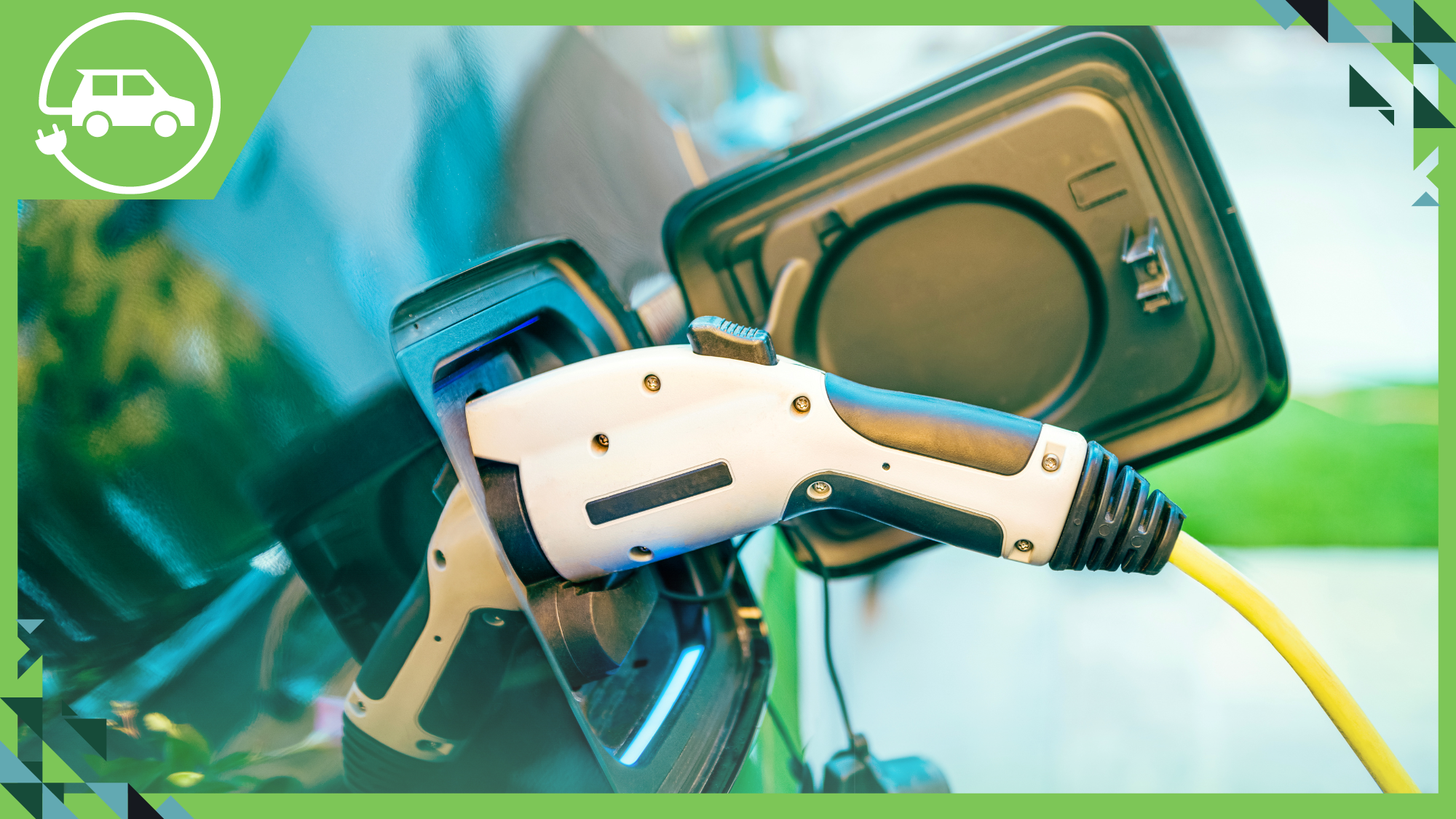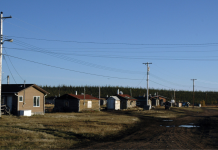Written by: Gaye Taylor
Coming soon to a community near you: the opportunity to test drive an electric vehicle, courtesy of a Canada-wide tour aiming to prove that “EVs are for everyone”.
Toronto-based Plug’n Drive is going national with its EV awareness campaign, reports Electric Autonomy (EA).
Over the next two years, the “EVs are for Everyone” tour will focus on increasing access to, awareness of, and comfort with zero-emissions vehicles and their supporting infrastructure, Plug’n Drive wrote in a media release.
As part of the initiative, two mobile EV education trailers will traverse the provinces, spending two to four weeks in each location. Staffed by “brand agnostic” EV ambassadors, the trailers will serve as community hubs offering information on EVs and the chance to test drive them.
“Visitors will get an up-close look at how EVs are shaping the future of sustainable transportation,” says Plug’n Drive.
“The ambition is huge,” Plug’n Drive CEO and President Cara Clairman told EA. “We are hoping to hit every major centre across Canada, and as many smaller communities as we possibly can.”
Funded by a C$1.5-million contribution from Natural Resources Canada’s Zero Emission Vehicle Awareness Initiative (ZEVAI), the trailers are currently making stops in Calgary and Ottawa, with Kingston next on the list in October. Communities can request a stop at Plug’n Drive’s website. [Disclosure: Energy Mix Productions co-convenes the Green Resilience Project, which received ZEVAI funding for its Transportation Shift community listening sessions.]
Plug’n Drive Vice President of Engagement Tracy Walden said “significant work is happening behind the scenes” to maximize the program’s outreach to underserved communities. The organization has identified four key groups—low-income households, rural and remote communities, Indigenous communities, and women—that face unique barriers to accessing electric vehicles, and is working with local partners to leverage the trailers.
“For example, local utilities, municipalities, and Indigenous organizations such as Indigenous Clean Energy (ICE) help us to identify compatible locations and events and they spread the word through their established communication channels, including newsletters, community events, and social media,” Walden said.
Non-profits like Women in Renewable Energy and the Canadian Automobile Association are also helping Plug’n Drive connect with key target audiences like women or rural drivers, delivering the message in areas with limited access to EV information, she added.
That outreach may prove valuable in northern and rural communities, where Transportation Shift found EVs are a tough sell amid affordability issues, infrastructure barriers, and a sense that EV promoters are sometimes out of touch with socio-economic, environmental, and cultural realities on the ground.
Walden said Plug’n Drive has a “high level of confidence” the tour will reach the majority of provinces, but is still working out how to be present in Prince Edward Island and Newfoundland and Labrador. “We have low confidence that we can make it to the Territories, but we have not ruled it out as we work through a rollout plan,” she added.
This article originally appeared on The Energy Mix







